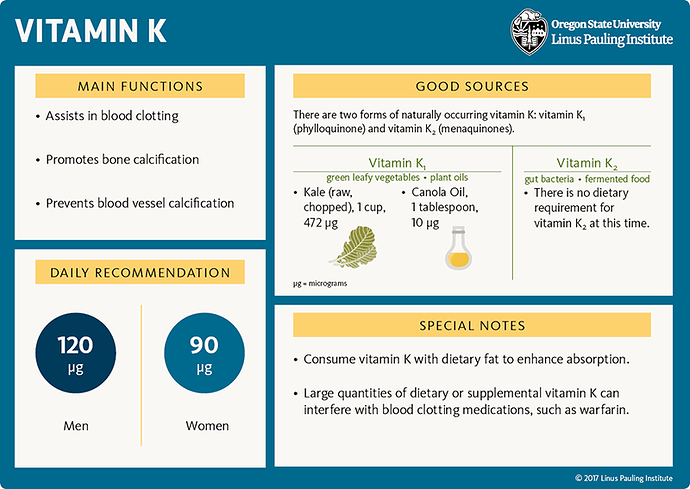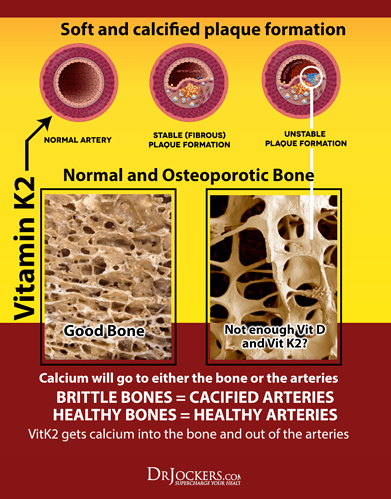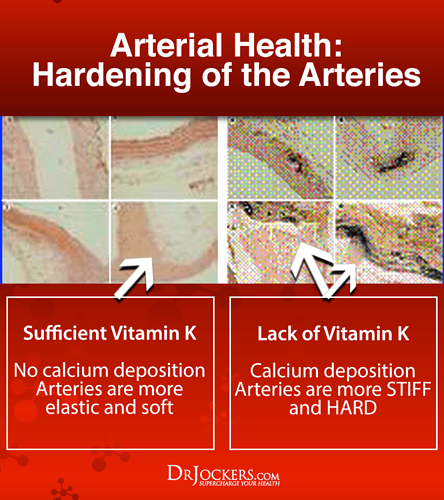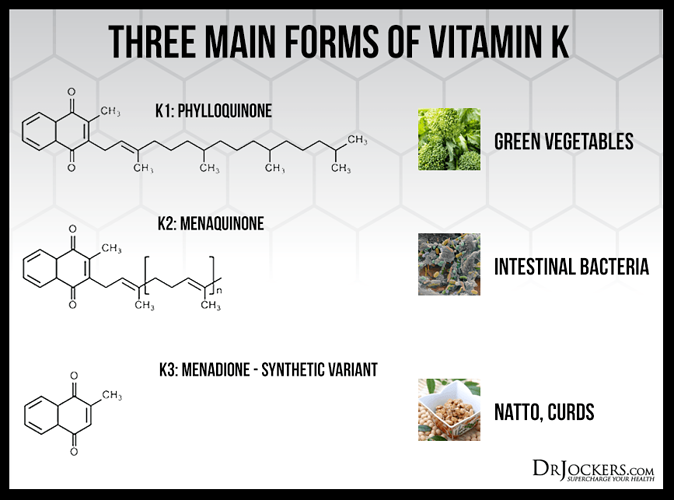Hi Nicole. The best place to start is with Jason Fung’s blog. He posts a lot of studies. Then expand to Dr. Aseem Malhotra (cardiologist), Dr. Zoe Harcombe, Tim Noakes, Gary Fettke, Gary Taubes, Peter Attia, and others.They all quote studies. It’s going to be a lot of research for you, but it’ll be fun. They are also all on twitter and post several times each day and interact with each other and quote studies there too. Also Google Scholar and ncbi.gov and PubMed. That’s enough to get you started. I remember an interesting video on YouTube by a Dr. or neurologist, can’t remember his name sorry, talking about high doses of dha (ESPECIALLY dha and not just "omega-3s) being important for stroke in clearing away the blockage. You’ll again have to search for that. When I saw it I recalled reading the same thing about EFAs in The Zone Diet years ago, so I know it’s been around for awhile. Not that an old diet book is a “study,” but I believe he included a reference for the study.
Re the fat in the blood you saw, don’t make the mistake of thinking that what you eat goes directly into the bloodstream. Digestion doesn’t work like that. Otherwise, if you ate, for instance, a peanut butter sandwich, you’d draw blood and see pieces of bread and globs of peanut butter in the blood. Instead, what’s in the blood is what the body BREAKS DOWN that peanut butter sandwich into during digestion and what its enzymes and hormones (like insulin) do in reaction to that peanut butter sandwich. That patient’s insulin was probably sky high and the fat you saw was the body try to find a place to store it that wasn’t already clogged with fat. As a cardiac patient obviously his body had already been storing fat around his heart. Where else was left for it to go?
Dr. Malhotra and Dr. Harcombe gave been tweeting a lot about the recent Harvard claim about coconut oil. Check 'em out. 
Hope this helps!






